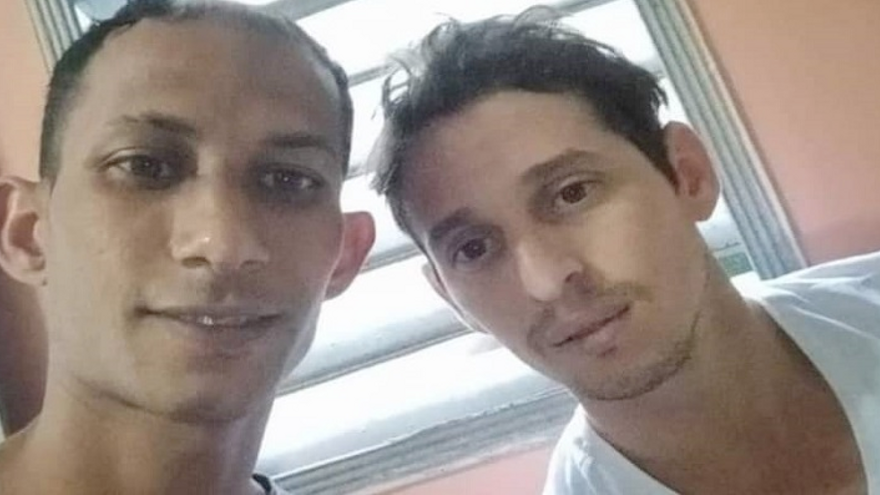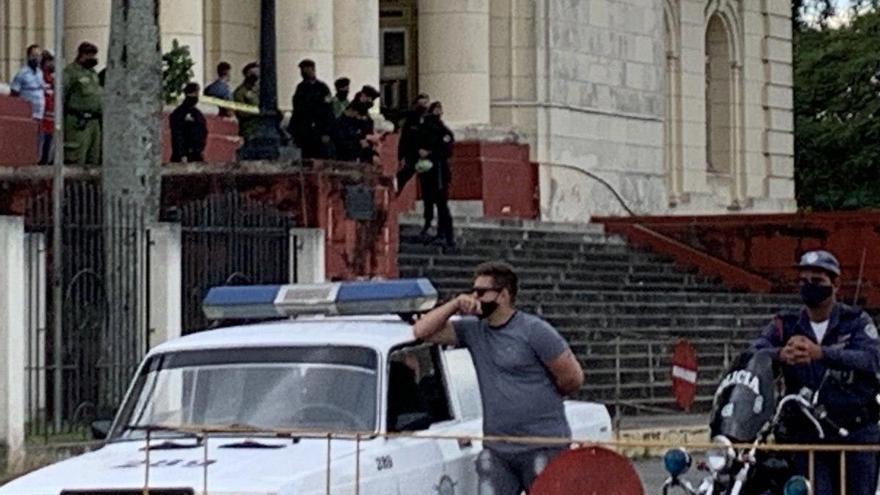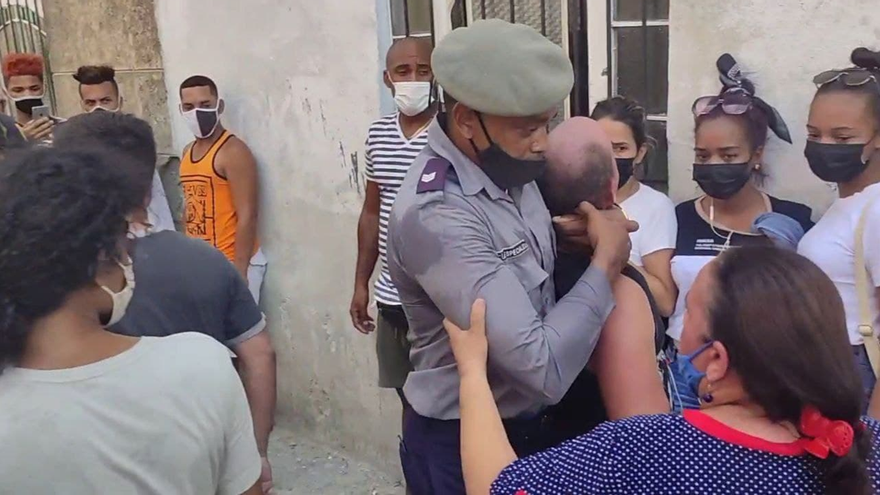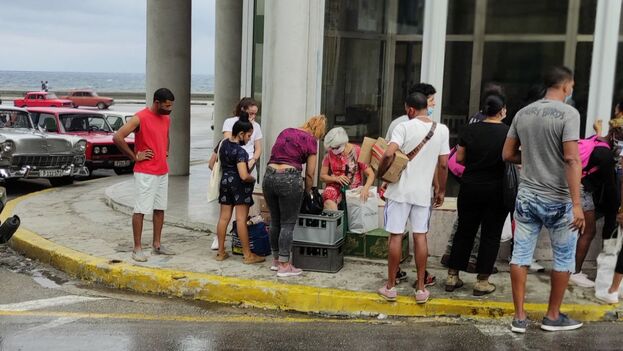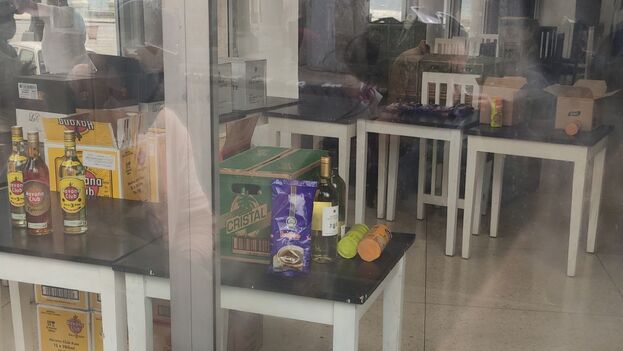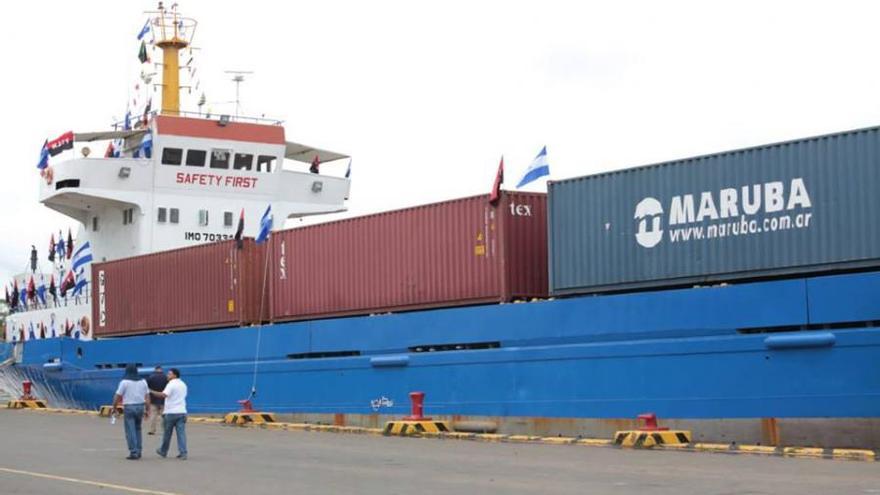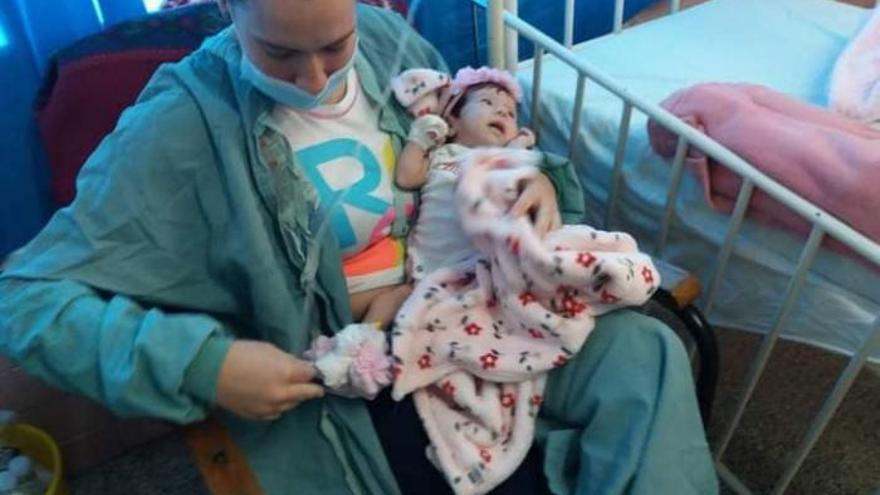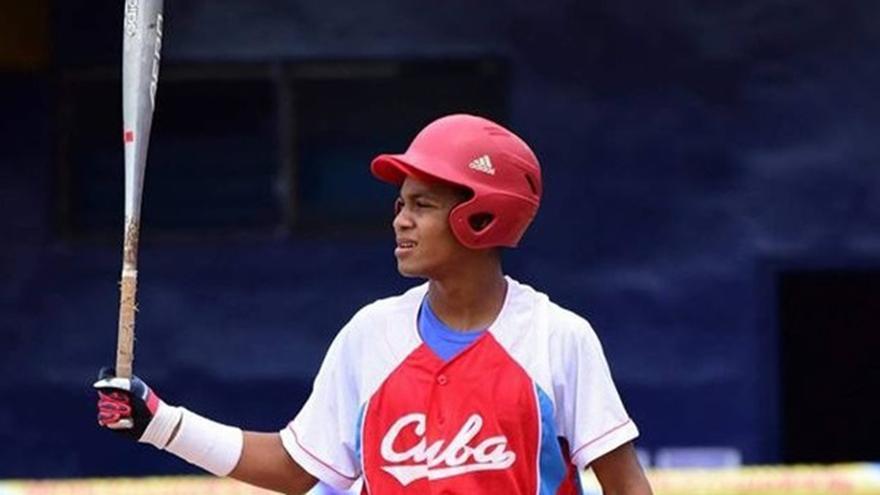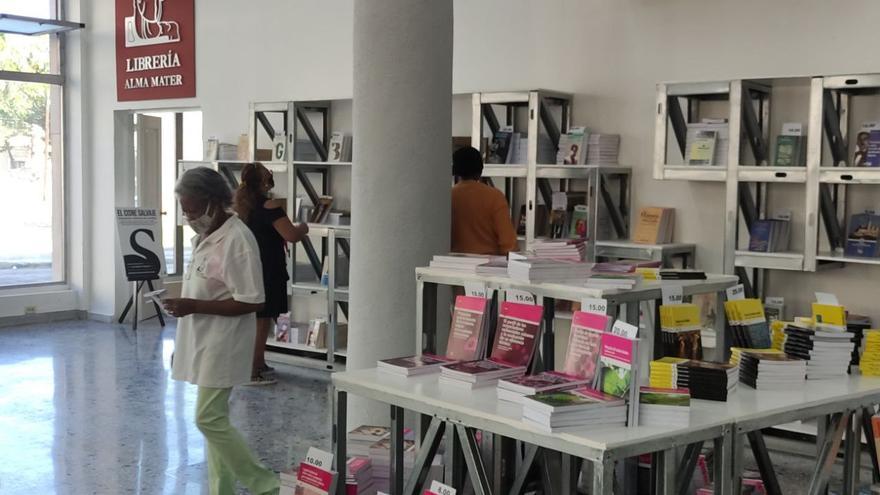“A few years ago, honey was found in stores that sold merchandise in pesos, but it disappeared with the Ordering Task*,” laments Lola, a 79-year-old retiree living in the Infanta and Manglar area of the Cuban capital. “In the cafeteria near my house you could buy it and it was not a luxury to have a little honey for breakfast, but those times are gone.”
Now Lola must appeal to the informal market, where the adulterated product abounds, the presentation is unreliable, the supply is irregular and a 750-milliliter bottle already exceeds 100 Cuban pesos. “Safe honey, certified under the Apisun brand, is now only found in stores that require payment in freely convertible currency (MLC),” the woman complains. “He who does not have dollars cannot consume it.” continue reading
But before reaching these markets, honey has a long way to go. In Sancti Spíritus, as in the rest of the country, production is mostly in private hands. “Many farmers join in because it is a line much better paid for by the State, since it is for export,” Mario, a state worker in the sector, explains to 14ymedio.
“There are three honey processing plants in the country, one of them, although small, was newly built in Caimito, Artemisa, which is now going to close because the floors have to be redone. The one in Sancti Spíritus is the largest and the one that collects the product from the center and part of the west of the country, when the Caimito plant can’t cope,” says the employee.
“For marketing, we take into account four categories of honey, based on color: LA (light amber), ELA (very light amber), W (white) and WW (water white). LA and W are basically produced in Cuba, Mario adds. “Although some beehive apiaries in this area are managed by the military, most of those collecting honey are private individuals.”
Among those private producers, in the province of Cienfuegos, is the family of Daniel García, a young man who helps his parents to care for their bees. “We have our hives near the coast, but we live inland, which is very common here.” At dawn, the young man and his father must go to the area to start extracting the product before the sun rises.
“People say that the bee is the one that does the work, but if the producer is not on top of it, taking care of it and watching over it, the bee ends up eating the honey”
“Compared to a charcoal burner or a farmer who harvests vegetables, we still earn more. But that money is more than well earned, because it is really hard work. People say that the bee is the one that does the work, but if the producer is not on top of it, taking care of it and watching over it, the bee ends up eating the honey,” he details.
“The State sells us the boxes for the hives and the products we need, there is no other way to get them,” Garcia points out. “Apicuba has been a privileged company compared to other sectors. We do not lack necessary parts because everything that is for export is given priority here. If we ask for boxes or materials to protect the product, we’re able to get them immediately.”
“Currently, the producers of this province charge about 500 MLC for each ton of honey that we deliver, about three drums,” he explains. “Although on television a few days ago there was talk of payment in dollars, that is not true, the farmer never sees anything in dollars, but rather the payment is deposited on an electronic card that can only be used in state stores.”
The charge may vary depending on the category of the final product. “There are many types, although there are two main groups when it comes to marketing: organic and traditional. The first is produced in Cuba, mostly in the eastern zone, in protected areas over which planes do not even fly, and so on. The bees are in as natural an environment as possible,” explains Mario, the state employee from Sancti Spiritus.
“The one that is produced in Cuba is the traditional one, which also has very good quality due to the climate, the absence of long winters and the type of flowers we have,” he adds. “What many farmers do is take the honey rejected by the State and sell it on the informal market through intermediaries.”
“Everyone knows that producers do not sell only to the State, because with current prices of food and work tools, you have to look for money elsewhere”
However, the honey that moves in informal networks runs into several obstacles. “The packaging is a big problem because getting small-format bottles, with a secure lid and a certain attractiveness, is practically impossible for private beekeepers, so they put them inside recycled rum bottles and that limits consumer confidence.”
Adulterations are common, especially the thick syrup made from cane sugar some intermediaries use. “They add some coloring, molasses and as much as possible to stretch it,” explains the state employee. “There are people who, when they taste unadulterated honey, are amazed at the taste because they only know the one that has been manipulated.”
Mario is categorical: “Everyone knows that the producers do not sell only to the State because, although it is a sector that receives better payments than others, at current prices for food and work implements, it is necessary to look for money elsewhere, especially for the honey that is rejected because it does not meet the parameters.”
A few private and cooperative producers have managed to overcome the difficulty of packaging, even carving out a stamp for themselves by naming their product, placing a label on the jar and marketing a distinctive brand through digital sites or home delivery apps. Among them is Finca Marta, an eight-hectare farm, in the municipality of Caimito, in Artemisa.
At that location, one obtains white bell and romerillo de costa which customers like, and for which they pay about 5 dollars for 240 grams in an attractive jar, with an extra charge for home delivery. Last year, the place was involved in a controversy when Miguel Díaz-Canel published a postcard for Mother’s Day in which several producers from Finca Marta appeared.
The price ranges between 350 and 600 pesos depending on the size chosen by the customer, several times more than the price of honey without labels and in a recycled bottle from the informal market
The image generated harsh criticism for the women’s stylish clothing and the environment’s bucolic atmosphere, something that also increased rumors of differential treatment for this small company in relation to other private farms not promoted by the Government. Access to imported containers to sell their honey is one of the distinctions of the place, a privilege that very few beekeepers have.
One of the few with that possibility is Agrogourmet, another private management project, which markets its melipona honey in jars of 380, 700 and 1,000 grams through digital shopping platforms. The price ranges between 350 and 600 pesos depending on the size, several times more than the price of honey without labels and in a recycled bottle on the informal market.
Daniel García’s family, in Cienfuegos, is far from being able to market their own product with their own brand. “Even if we wanted to, we couldn’t, because with the money we earn now we have to buy part of the supplies, such as the colorimeters that the State sells in MLC,” he explains, referring to the device used to measure the percentage of light transmission through the honey and thus determine the color and moisture level of the product.
“In order to acquire containers with lids, labels and boxes for the shipping, we would have to establish an import or purchase contract for these supplies with a State company that would charge us, of course, in MLC. So, we would need a high initial investment in foreign currency that is now a dream in order to be able to count on that amount,” he details.
“A beekeeper has no time for anything but his bees, there are months that I only see my house in darkness because I leave at dawn and return at night,” he says. “But my family has to eat taro, pork, corn and plantain like any other, so the money I earn from honey goes for food. The bees are good for that, period.”
*Translator’s note: Tarea ordenamiento = the [so-called] ‘Ordering Task’ which is a collection of measures that includes eliminating the Cuban Convertible Peso (CUC), leaving the Cuban peso as the only national currency, raising prices, raising salaries (but not as much as prices), opening stores that take payment only in hard currency which must be in the form of specially issued pre-paid debit cards, and others.
Translated by Norma Whiting
____________
COLLABORATE WITH OUR WORK: The 14ymedio team is committed to practicing serious journalism that reflects Cuba’s reality in all its depth. Thank you for joining us on this long journey. We invite you to continue supporting us by becoming a member of 14ymedio now. Together we can continue transforming journalism in Cuba.
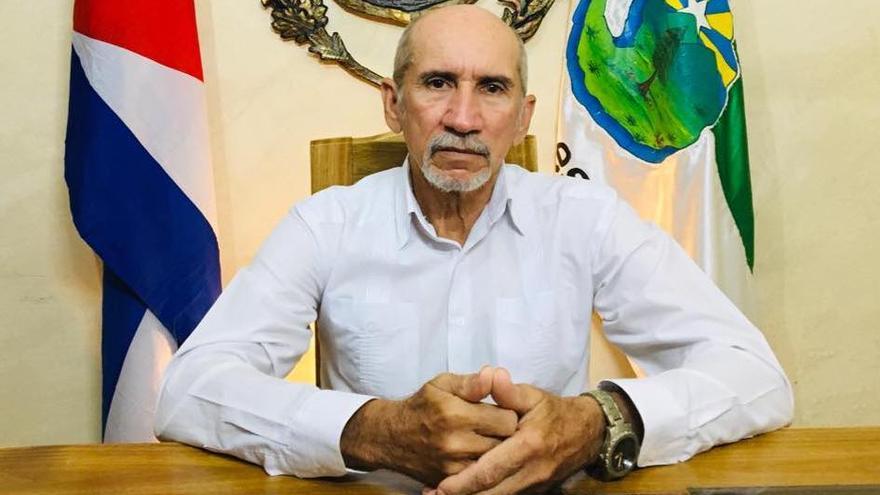
![]() 14ymedio, Havana, 11 February 2022 — The Prosecutor’s Office has filed an appeal against the decision of the Isla de la Juventud Municipal Court to acquit three 11J protesters and reduce the sentence of five of them from three years to a quarter.
14ymedio, Havana, 11 February 2022 — The Prosecutor’s Office has filed an appeal against the decision of the Isla de la Juventud Municipal Court to acquit three 11J protesters and reduce the sentence of five of them from three years to a quarter.

